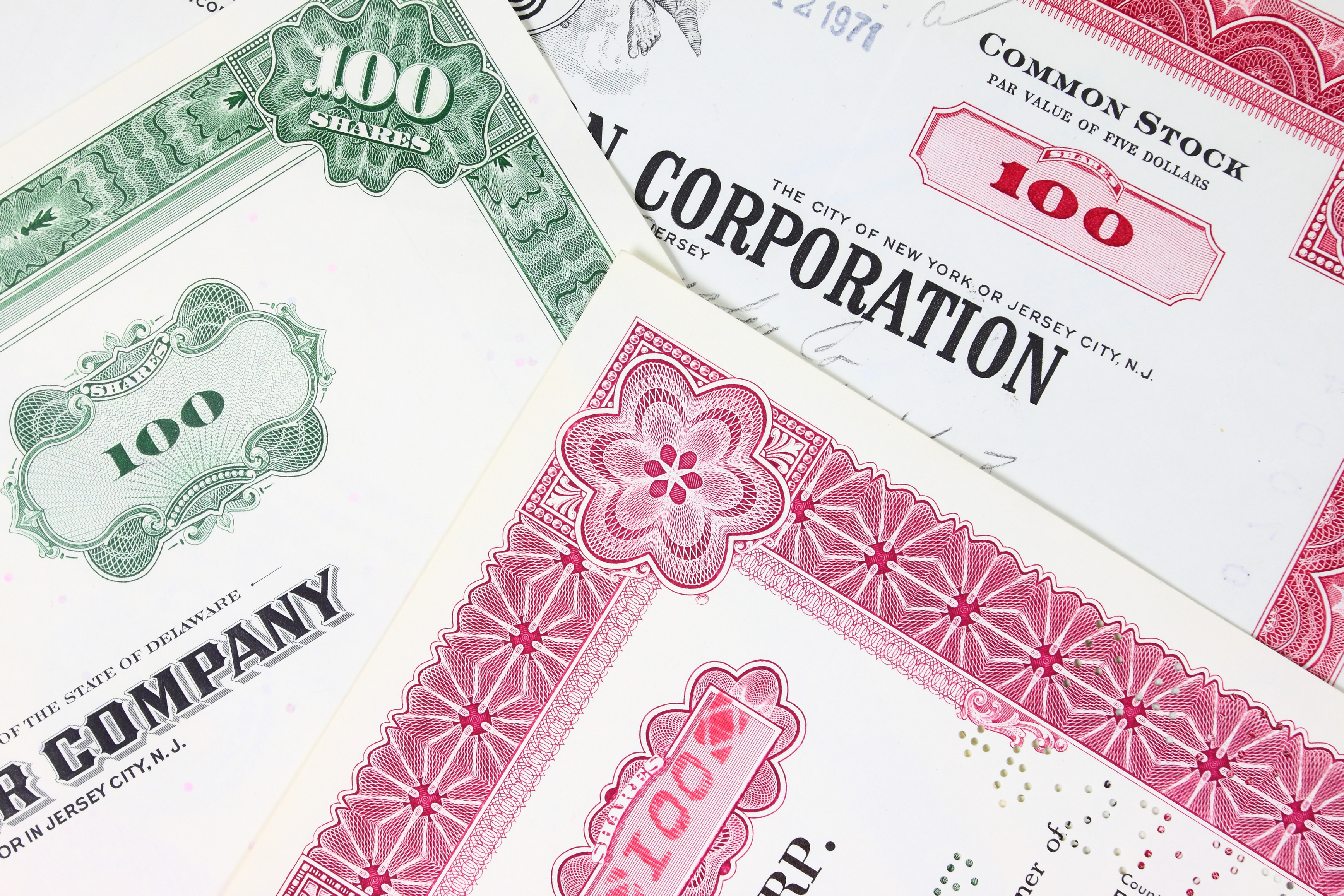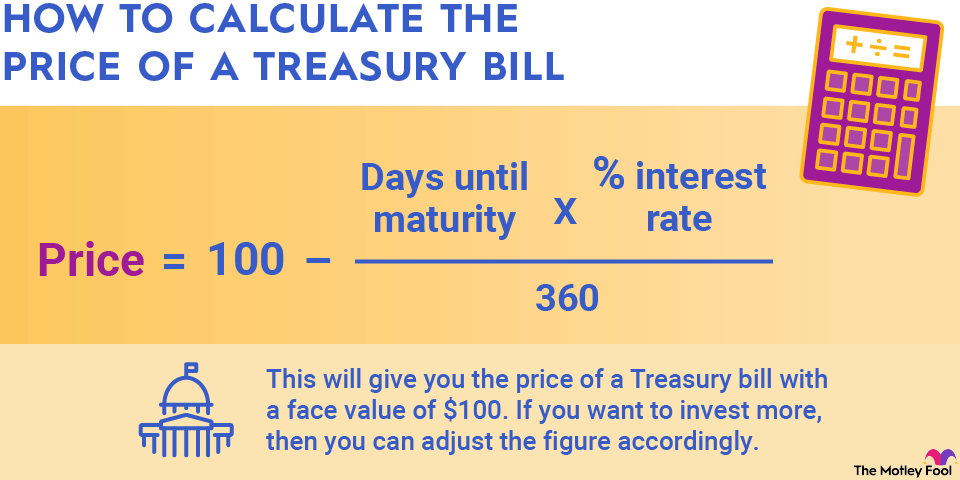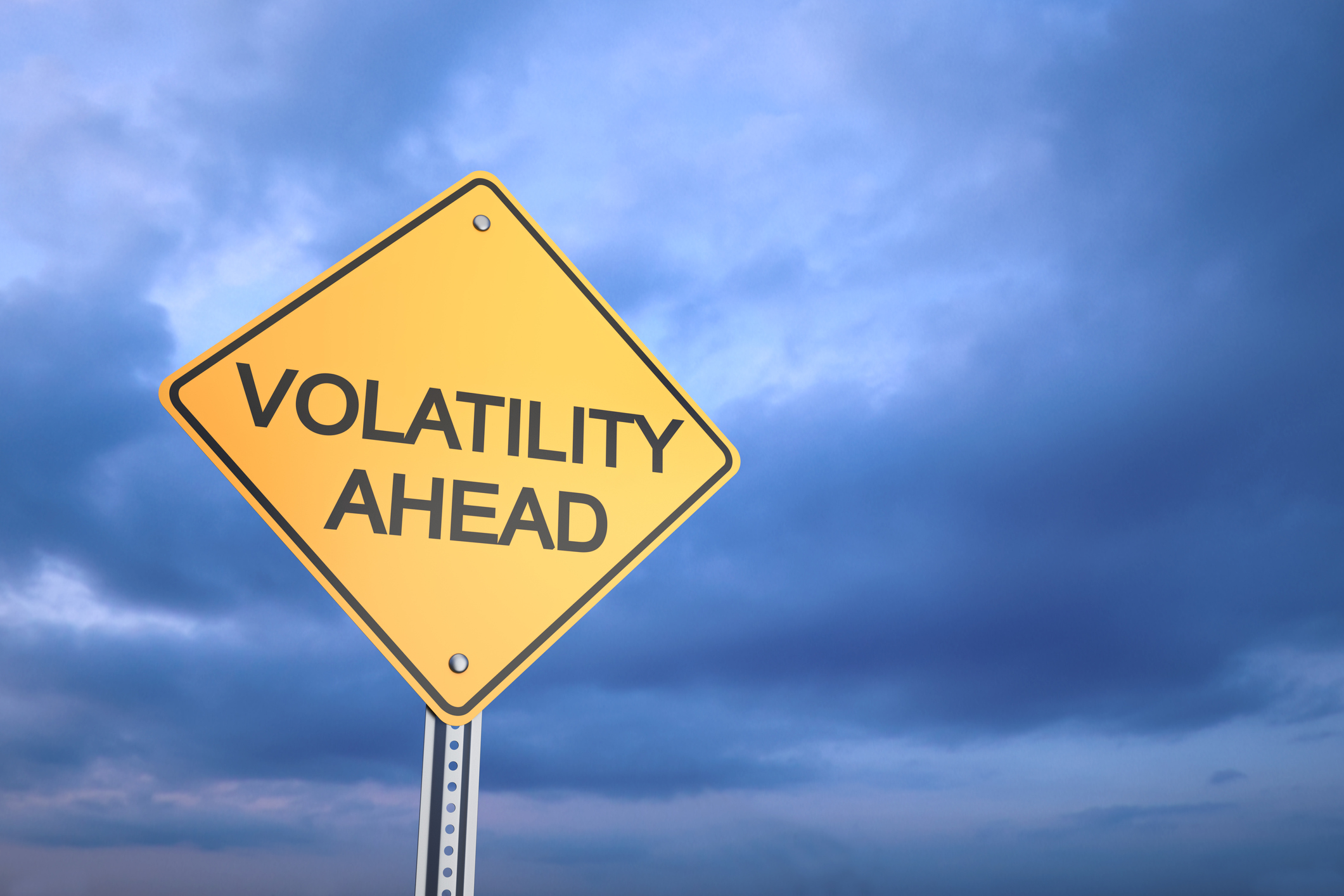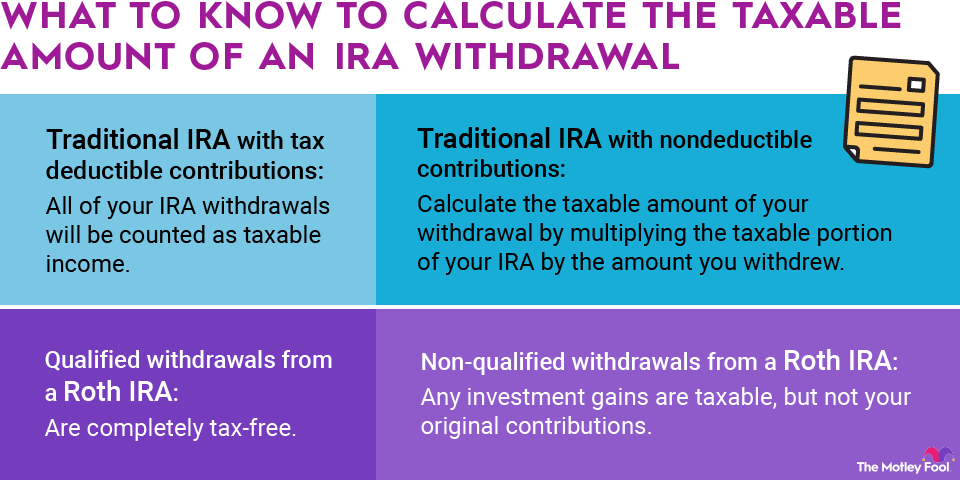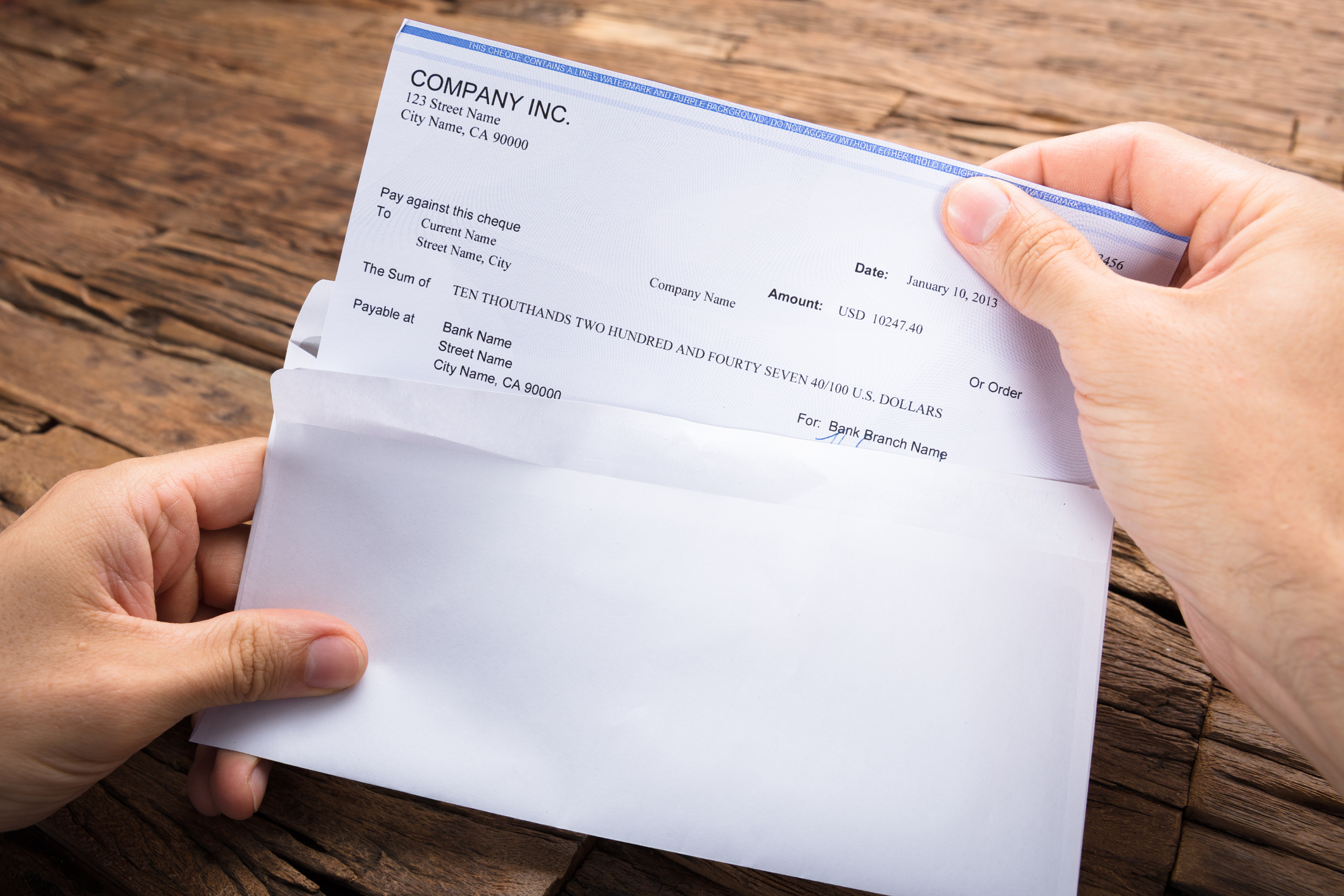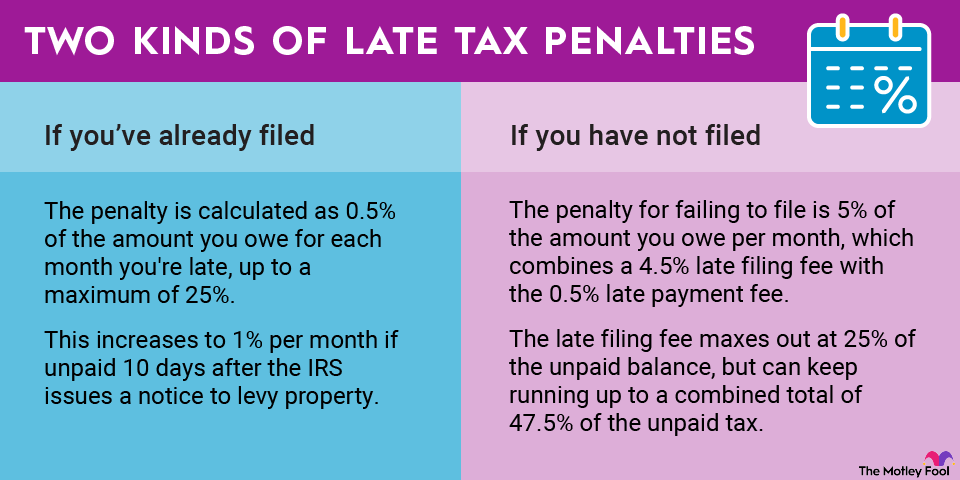In the past, you had to pay Missouri capital gains taxes if you lived there and made a profit on an investment. That's no longer the case thanks to a change the state made regarding its treatment of capital gains. Federal tax law on capital gains still applies to all U.S. taxpayers, but Missouri residents won't see an additional impact on their state tax bill anymore.

Missouri eliminates capital gains tax
Missouri effectively got rid of its capital gains tax on July 10, 2025, when Gov. Mike Kehoe signed House Bill 594 into law. The bill authorizes residents to deduct 100% of their capital gains from their Missouri tax returns, starting with the 2025 tax year.
Before this change, Missouri treated capital gains as taxable income. If you live in Missouri, you don't need to worry about state capital gains taxes going forward.
Impact on individual taxpayers
Missouri taxpayers who make a profit selling stocks, property, cryptocurrency, or any other type of asset will save money thanks to the changes in its tax laws. Tax brackets in Missouri range from 0% to 4.7% for the 2025 tax year. Prior to the change, you could have paid up to $470 for every $10,000 in capital gains.
The new law could bring about sizable savings for investors with large stock sales, retirees who need to start selling stock to replace their income, or anyone selling an expensive home. It also simplifies the decision of when to take capital gains. You still need to consider federal capital gains taxes, but at least you don't have Missouri capital gains taxes to worry about.
Related investing topics
Impact on corporate taxpayers
Missouri lowers its top tax rate by 0.1 percentage point for each year it meets its annual revenue goal. The current top individual tax rate is 4.7%.
When the top individual tax rate is 4.5% or lower, corporations in Missouri will be able to deduct 100% of their capital gains in the tax year that immediately follows. That means it’s possible that within the next few years, corporations will be able to avoid capital gains taxes altogether in Missouri.




